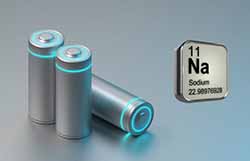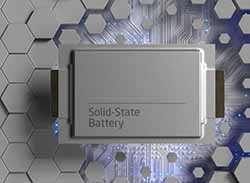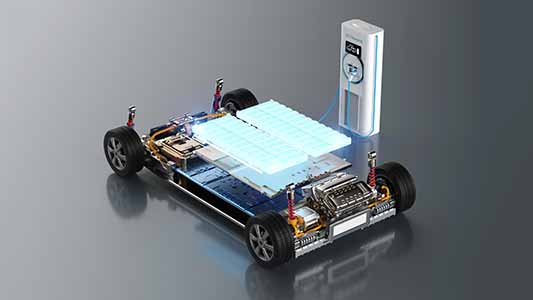The current darling of the EV world is undoubtedly lithium-ion batteries, but we can’t overlook their shortcomings. Lithium’s scarcity and the ethical concerns surrounding its extraction, coupled with safety and performance issues, have prompted us to explore alternatives.
As of now, there are two alternatives on which we are keeping a close watch and they are Sodium-ion batteries and Solid-State batteries.
Enter sodium-ion batteries—the unsung heroes of the EV revolution.

These batteries utilize sodium ions instead of lithium, offering a more abundant, cost-effective, and environmentally friendly solution. The absence of expensive metals like cobalt and nickel makes sodium-ion batteries not only safer but also more affordable. Enhanced durability, safety, and improved performance make them a promising alternative to traditional lithium-ion batteries.
While sodium-ion batteries are still in their infancy, facing challenges like low voltage and cycling stability, I firmly believe that with ongoing research and innovation, they can become the driving force behind a cleaner, more sustainable energy future for electric vehicles.
Solid-State Batteries: Pioneering the Next Frontier

At Ipower Batteries, we’re not just about the present; we’re focused on shaping the future. Solid-state batteries represent the next frontier in EV technology, and here’s why:
- Unleashing the Power of Solids
Solid-state batteries replace the liquid electrolyte in traditional lithium-ion batteries with a solid material, offering a game-changing improvement in safety and performance. Non-flammable and capable of withstanding higher temperatures, these batteries redefine safety standards for electric vehicles.
- Compact, Light, and Powerful
By being more compact and lightweight, solid-state batteries increase energy density while reducing the size and weight of battery packs. This translates to longer ranges, faster charging, and improved overall performance for electric vehicles.
- The Dual Nature: All-Solid-State and Hybrid
There are two main types of solid-state batteries—all-solid-state and hybrid. All-solid-state batteries simplify structure but face challenges like dendrite formation. Hybrid solid-state batteries offer flexibility in material selection but introduce compatibility challenges. Striking the right balance between these approaches is crucial for unleashing the full potential of solid-state technology.
The Road Ahead for Solid-State Batteries
While the potential benefits of solid-state batteries are tantalizing, the road to mass production and commercialization is paved with challenges. Scalability, affordability, material optimization, and standardization are key hurdles that need to be overcome. At Ipower Batteries, we are investing heavily in research and development to contribute to the advancement and innovation of solid-state batteries.
The journey may be challenging, and widespread availability might take time, but the promise of superior performance, safety, and cost efficiency motivates us to push the boundaries of what’s possible. The future of EV batteries lies not just in the present but in the relentless pursuit of groundbreaking technologies like solid-state batteries.
In conclusion, both sodium-ion and solid-state batteries represent crucial steps toward a sustainable and electrifying future for the automotive industry. As someone from the industry, I am excited about the possibilities these technologies bring and am committed to leading the charge toward a cleaner and greener tomorrow.












